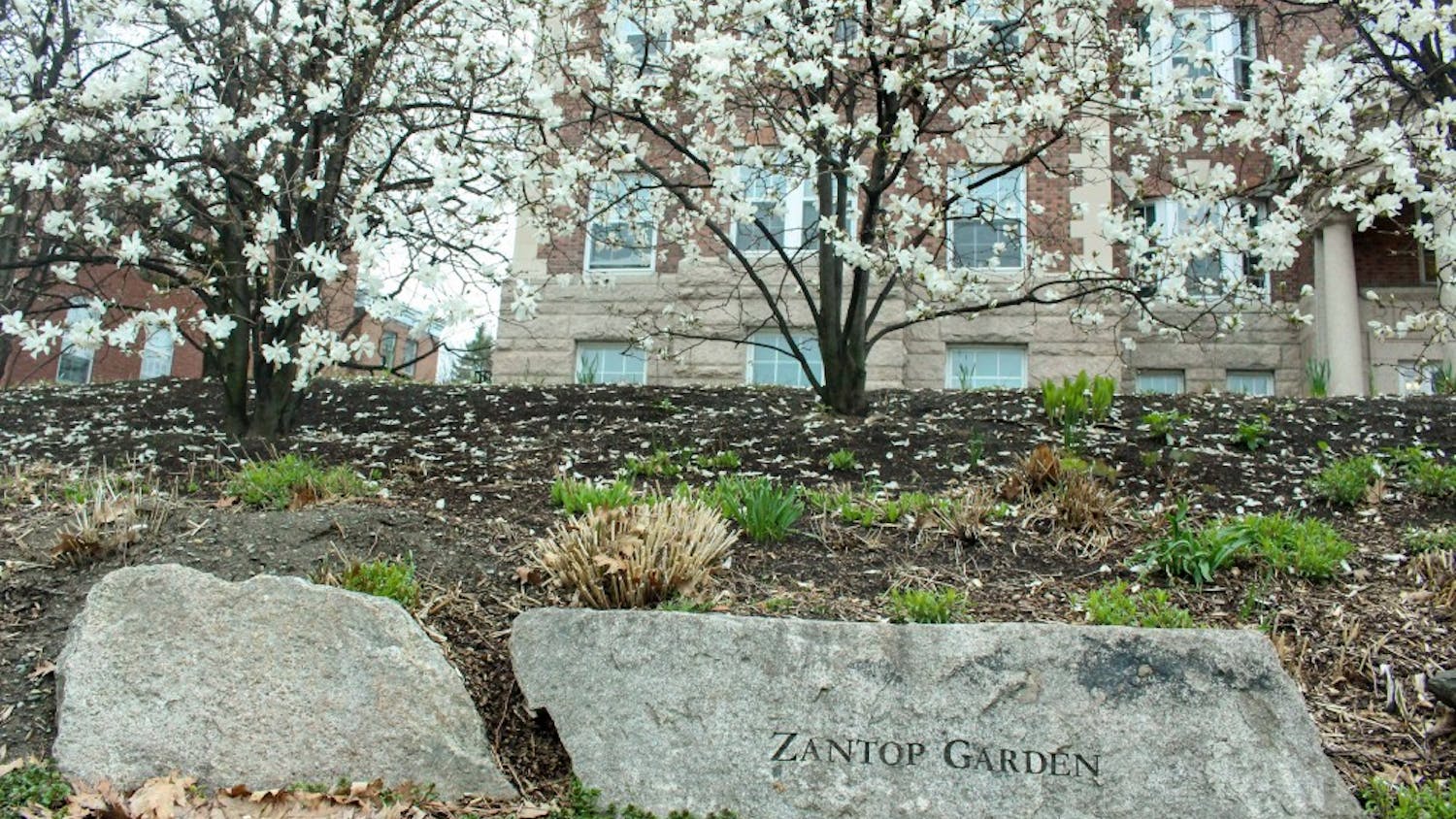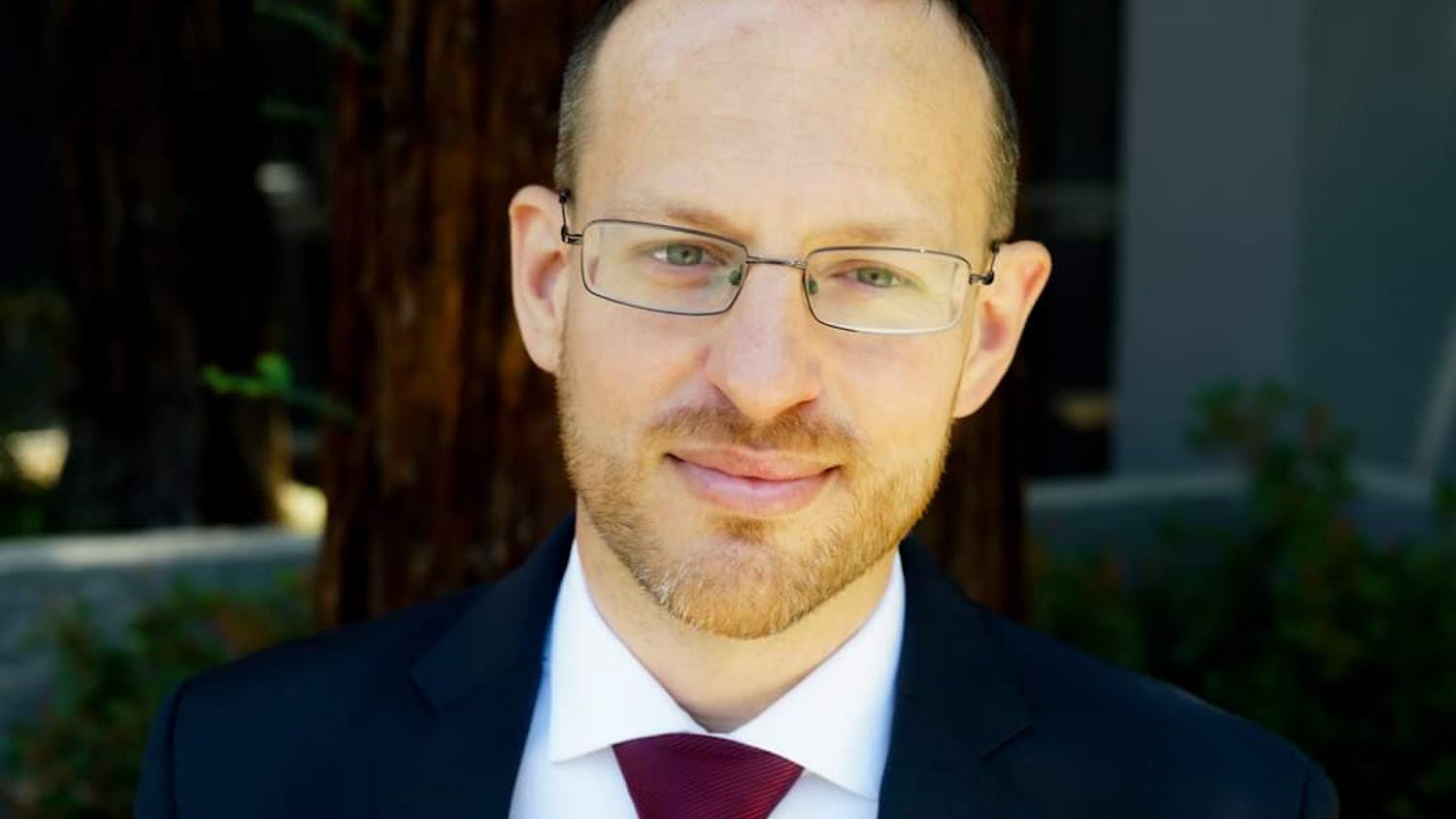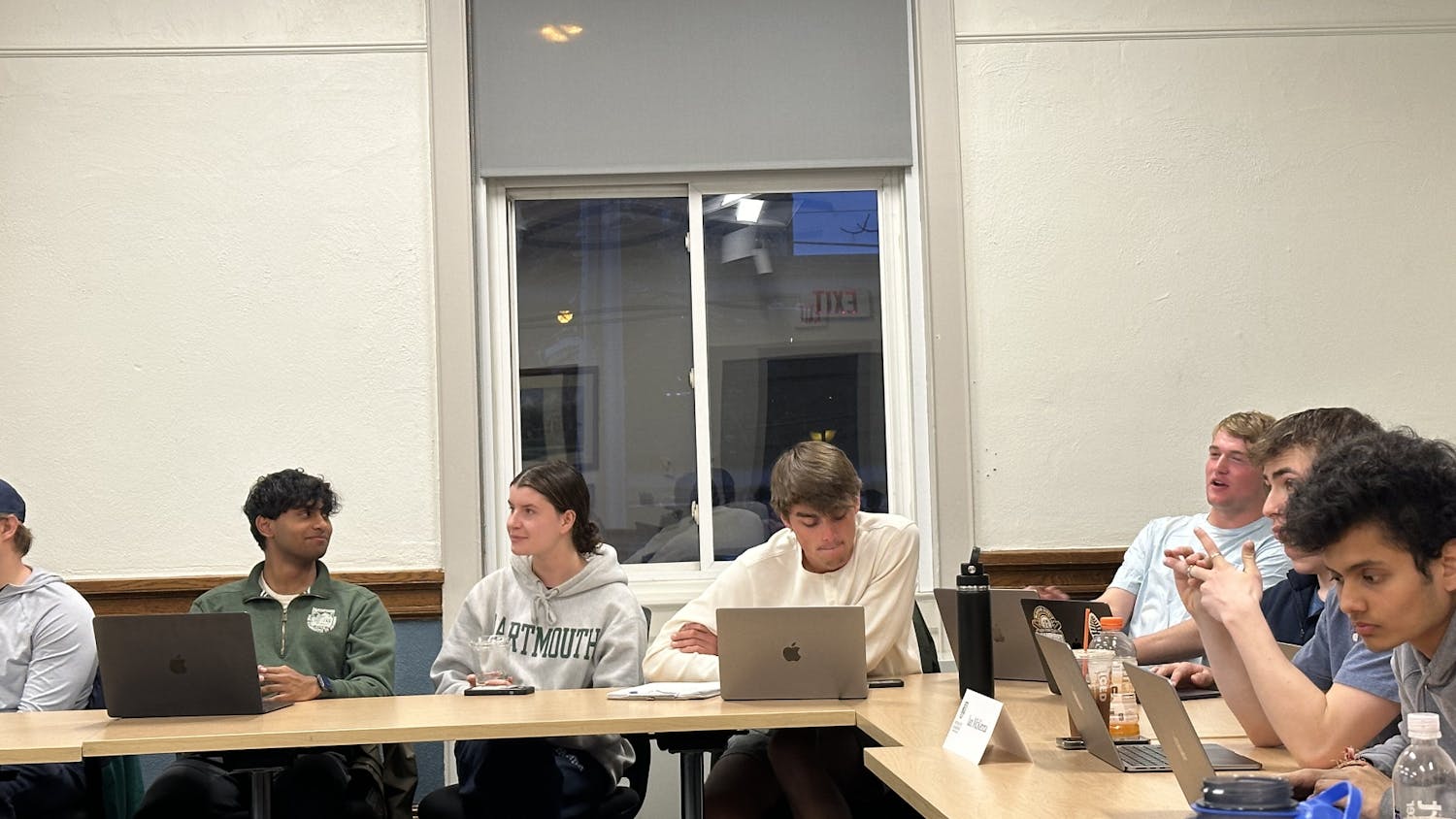On Oct. 24, the Student and Presidential Committee on Sexual Assault released its 2017 recommendations for increasing sexual assault prevention and response in the Dartmouth community. The SPCSA decided on six recommendations based on its own research, findings from research conducted by Mae Hardebeck ’18 and community feedback from the Sixth Annual Symposium on Sexual Assault in April.
The 2017 recommendations are as follows: the Office of Residential Housing and the Title IX Office work together to accommodate the housing needs of survivors and reporting persons; faculty and staff become more engaged in preventing sexual and gender-based violence by completing all online and in-person trainings; faculty directors and teaching assistants attend a First Responder Workshop before leading an off-campus program; the Title IX Office, administration, Student Wellness Center and WISE raise awareness of each office’s specific purpose, goals and duties; the student body become more proactive in preventing sexual assault; the SPCSA becomes more accessible and relays information between administration and students more frequently.
This year’s recommendations differ from previous years in that each is addressed to specific people and offices, SPCSA advisor, Title IX coordinator and Clery Act compliance officer Allison Lyng O’Connell said in a joint interview with SPCSA advisor and senior associate dean of student affairs Liz Agosto ’01.
“There’s new specificity this time around as to who the recommendations are being sent to,” O’Connell said. “This is the first year where they’re being sent out to specific offices, which is great in terms of increased accountability.”
Nonetheless, this year’s recommendations share similar themes to those from previous years in that they are centered around training faculty and increasing support for survivors, Agosto said.
Echoing O’Connell, Agosto said this year’s recommendations are targeted toward decision-makers rather than a general group of people and focus on specific actions.
Additionally, this year’s recommendations include quantitative goals for increased student participation in prevention programs, according to SPCSA president Abhilasha Gokulan ’18.
Since certain recommendations include quantitative goals, such as increasing DBI participation from 64.5 percent of the student body to 75 percent, assessing certain recommendations’ objective success is possible, Gokulan said. She added that the SPCSA will also work to ensure the qualitative recommendations are met as well.
“We wanted to try to have quantitative goals that we could meet,” Gokulan said. “For example, we want to increase student body participation in programs, like [Dartmouth Bystander Intervention] and [Movement Against Violence]. Programs like these encourage conversations and make students more aware of issues they might not otherwise be aware of.”
This year, the SPCSA utilized research conducted by Hardebeck through the SPCSA’s Elizabeth A. Hoffman research grant to guide their recommendations. Hardebeck interviewed 16 survivors of sexual violence and these survivors’ friends at the College, including some alumni, over the course of a year. She released her findings, supplemented by her own research, in a paper to the Dartmouth community in April.
Hardebeck’s research focused on the experience of reporting sexual misconduct at the College, she said. She said while every survivor has their own story and experience, one major theme is that survivors often take time to realize they were a victim of sexual violence.
“Survivors of sexual violence tend to not immediately ascertain that it was an assault or some sort of incident where they were a victim,” Hardebeck said. “It takes time for people to realize that, and once a certain amount of time has gone by, it can be hard to feel justified in making a report. There are too many questions as to why they didn’t report it immediately after it happened [when they do report], and their trustworthiness is then put into question.”
In addition, Hardebeck said many survivors tend to follow a support route rather than a reporting route, as she found that most survivors seek out help through sexual assault peer advisors and counselors.
“The Title IX office does the reporting side of things and the adjudication side of the process, which can end up being very emotionally laborious and time-consuming, especially when you’re a full-time student in the first place,” Hardebeck said.
Hardebeck said she believes there should be more communication about the role of the Title IX office and a more centralized way to access resources. Based on her findings, the SPCSA’s fourth recommendation calls for clarification of the Title IX office, administration, Student Wellness Center and WISE’s positions as resources and advocates for students.
The first recommendation on housing was shaped by Hardebeck’s research as well, according to Gokulan, as Hardebeck found that survivors sometimes lived on the same floor as their perpetrators.
The SPCSA reported that previous recommendations are currently being implemented across campus. Some of these changes include instituting a new and separate process for sexual assault investigations using an external investigator, specification of sanctions for the spectrum of gendered violence acts, revising the Committee on Standards Sexual Misconduct Policy response to sexual harassment, adding a Title IX Coordinator and Clery Act Compliance Officer and addition of a full time confidential counselor for survivors through Student Health Services.
Advisors like Agosto and O’Connell work with the SPCSA to determine whether or not previous recommendations were fulfilled, what progress was made and any barriers that may be preventing recommendations from moving forward, Agosto said.
“I believe that many of last year’s recommendations were fulfilled,” Agosto said. “Some of them modified and morphed over time, and so they got a lot of information and data and then worked to tailor programs and changes as they move forward. There is also evidence that shows that bystander intervention — if you do the training appropriately — that more and more students will intervene, and we see some of that happening on campus.”
“We’ve started creating a handbook specifically for the fourth recommendation, so that’s more of a hands-on project for us because we’re working with specific people from those offices,” Gokulan said. “Our role is that the recommendations don’t just stop here. It’s up to us as a committee to make sure these get implemented.”
Agosto and O’Connell said they both hope the SPCSA continues to evaluate the College’s response to these recommendations moving forward.
“I really commend SPCSA to continue to push forward and make sure that the institution is continuing to work on these issues and keeping it at the forefront of our minds and providing tangible recommendations for us to continue to work on,” Agosto said. “This is a really important issue for us as an institution, and so our partnership with the students is invaluable, and their work and their effort is really important to our continued work is trying to address sexual violence.”
Maria is a freshman from Oak Brook, IL. Maria plans to major in Cognitive Science and minor in Computer Science, and she joined The D because she wants to bring attention to current events on campus. In her free time, she enjoys golfing, learning about new cultures, and playing with her two puppies.



